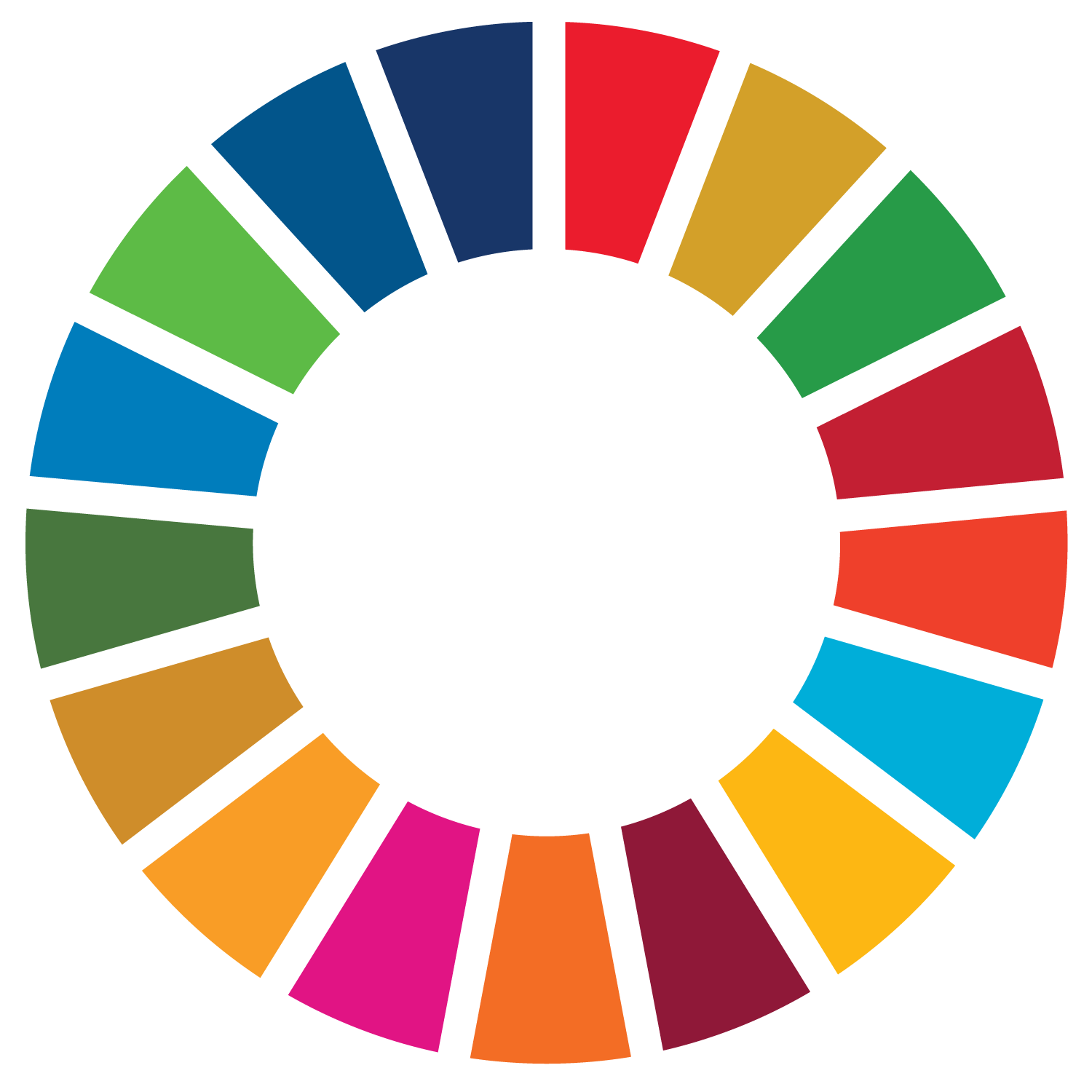Photo: Pexels
- June 13, 2024
Every year on June 17, the World Day to Combat Desertification and Drought is observed to raise public awareness of these pressing issues and highlight potential solutions and their implementation. This year, the Government of Germany is hosting the Desertification and Drought Day under the theme “United for Land. Our Legacy. Our Future.” This theme aims to mobilize all sectors of society in support of sustainable land stewardship. The event also marks the 30th anniversary of the United Nations Convention to Combat Desertification (UNCCD), headquartered in Bonn, Germany.
The UN Decade on Ecosystem Restoration, running from 2021 through 2030, aims to halt the degradation of ecosystems and restore them to achieve global goals. Governments have pledged to restore a total of 1 billion hectares of land by 2030.
Healthy land, which provides nearly 95 percent of our food, is our planet’s most vital resource, ensuring the stability and prosperity of billions of people worldwide. However, over 40 percent of the world’s land is degraded, affecting half the global population and exacerbating extreme temperatures caused by climate change. Drought and desertification threaten ecosystems worldwide, including freshwater systems and soil, and drive forced migration, putting tens millions at risk of displacement annually. Currently, an estimated 3.2 billion people are negatively impacted by desertification. By 2050, more than 75 percent of the world’s population is expected to be affected by droughts.
Predicting and detecting droughts early, and supporting mechanisms to mitigate their impacts, are crucial. Early warning and monitoring systems can better identify vulnerable communities and areas by providing information on the frequency and severity of droughts. This encourages early action and can lead to developing various mitigation measures, such as water harvesting, pasture restoration, irrigation improvements, and integrated water resources management (IWRM).
The online course on Integrated Drought Management: Monitoring and Early Warning, developed by UNEP-DHI and partners, highlights drought monitoring and early warning, which is one of the three pillars for effective drought policy and implementation. After completing the course, participants will gain deeper understanding of drought’s life cycle and impacts, its link to climate change, and the tools available for drought monitoring, forecasting, and impact assessment.
By embracing sustainable land management practices and leveraging tools for monitoring and early warning systems, we can collectively combat desertification and drought, ensuring a resilient and prosperous future for all.
Share this post
UNEP DHI Partnership – Centre on Water and Environment
Agern Allé 5, 2970 Denmark
Tel: +45 45169200
